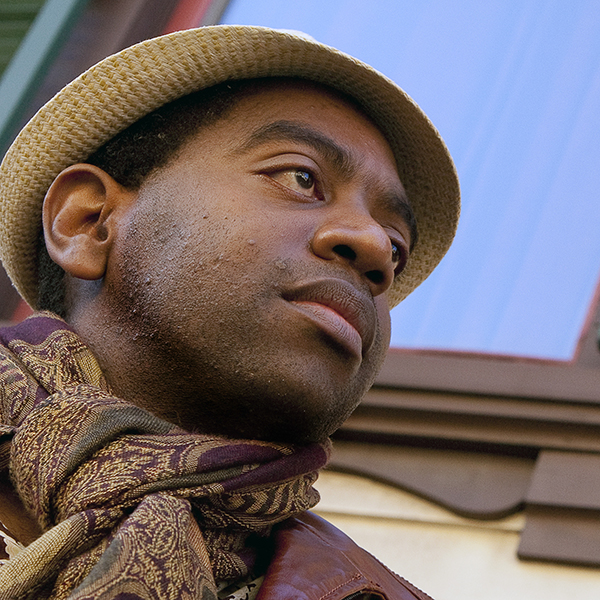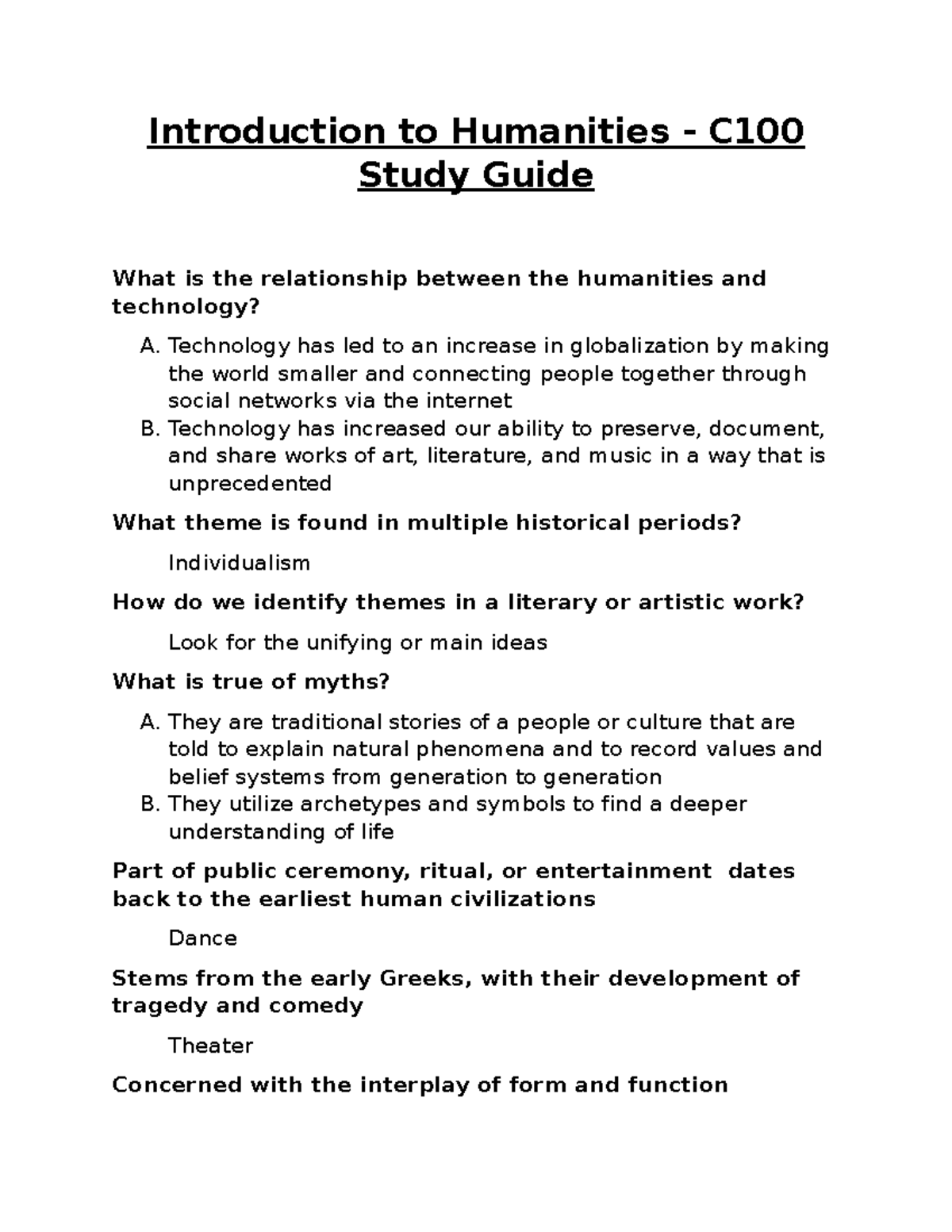Yosvany Terry: Exploring Afro-Cuban Music Traditions
April 28, 2025 | Culture News | No Comments

Yosvany Terry is a visionary musician and composer whose work intricately weaves together the rich tapestry of Afro-Cuban music with the diverse musical traditions of West African culture. Through his recent research journeys from Benin to his homeland of Cuba, Terry has unearthed profound connections between these two vibrant cultures, illuminating how they have influenced one another over time. As a senior lecturer on music and the director of the prestigious Harvard Jazz Ensembles, he is dedicated to sharing this knowledge with students, bringing classical concepts to life through performance and education. The integration of traditional rhythms and contemporary jazz showcases how the legacies of the African diaspora continue to shape modern musical forms. Through his endeavors, including upcoming performances such as ArtsThursdays, Yosvany Terry not only preserves these cultural identities but also inspires a new generation of musicians.
Celebrated for his contributions to the music world, Yosvany Terry represents a bridge connecting the storied past of Afro-Cuban musical styles with the dynamic influences of West Africa. His artistic journey embodies a commitment to uncovering how historical and cultural narratives have shaped the evolution of jazz and other musical forms in the Americas. By engaging with the vibrant arts community at Harvard and beyond, Terry empowers students to discover the powerful stories imbued in sound, fostering an appreciation for traditional music that informs contemporary genres. This synthesis of cross-cultural exploration and academic inquiry strengthens the understanding of music as a vital expression of identity and heritage. Such initiatives underscore the importance of maintaining cultural traditions while innovatively contributing to modern artistic dialogues.
Yosvany Terry: Bridging Cultures Through Music
Yosvany Terry, a prominent figure in contemporary music, embodies the fusion of Afro-Cuban and West African musical traditions. Through his work, he highlights how these cultural expressions transcend geographical boundaries, creating a dialogue between the past and present. During his recent research travels, Terry explored the rich musical heritage of Benin, drawing connections to the rhythms and melodies that define Afro-Cuban music. This exploration is crucial for understanding how deeply interwoven our musical identities are with our cultural histories.
In his role as the director of the Harvard Jazz Ensembles, Terry not only teaches students about jazz but also emphasizes the importance of cultural context. He believes that understanding the roots of modern jazz through the lens of the African diaspora provides invaluable insights into contemporary music. As his students engage with this information, they learn to appreciate the influences of African cultures on their own musical practices, fostering a deeper respect and interest in musical diversity.
The Influence of West African Culture on Afro-Cuban Music
West African culture has played a pivotal role in shaping the sounds of Afro-Cuban music. As Terry points out, the slave trade brought with it a rich tapestry of musical traditions that were often preserved in secret. These traditions include unique rhythms, melodies, and performance styles that have either adapted or remained true to their origins. By looking back at these roots, musicians like Terry shed light on the resilience of cultural identity, illustrating how these traditions are not only forms of artistic expression but also acts of cultural preservation.
The rhythms that emerged in Cuba, heavily influenced by ancestral West African music, continue to impact various genres today. Terry’s research emphasizes the necessity of acknowledging this cultural exchange in the evolution of music. By incorporating elements of West African music into modern compositions, artists create a dialogue that honors the past while contributing to the future of Afro-Cuban music. In this way, we see how music acts as a vessel for cultural transmission, reflecting ongoing conversations between diverse musical traditions.
Educational Initiatives and Cultural Collaboration at Harvard
At Harvard, Yosvany Terry is at the forefront of educational initiatives that promote understanding of diverse musical traditions. Through programs like the Harvard Jazz Ensembles, he encourages students to delve into the connections between Afro-Cuban music and global cultural practices. By creating a curriculum that includes travel to countries like Cuba and the Dominican Republic, students are immersed in the very cultures that shape their studies. This experiential learning deepens their appreciation of music and its historical significance.
Additionally, Terry emphasizes the value of cross-departmental collaboration in the arts. By inviting guest artists from various backgrounds and integrating their expertise into the classroom, he enriches the student experience at Harvard. This collaborative spirit not only inspires students but also fosters innovation and exploration in musical genres. The interplay of different artistic voices creates a vibrant learning environment that fosters a greater understanding of the complexities and nuances of musical expression.
Resilience Through Musical Traditions
The resilience of musical traditions in the face of adversity is a key theme in Yosvany Terry’s work. He articulates how, for many African slaves, music became both a means of survival and a way to preserve their cultural identities. This narrative is essential for understanding Afro-Cuban music, as many rhythms and styles emerged as forms of resistance against colonial oppression. Terry’s research underscores how these traditions were not merely recreational but were deeply embedded in the social fabric and spirituality of enslaved communities.
As an artist, Terry is committed to reviving and celebrating these traditions in contemporary contexts. By performing and teaching these rich heritages, he strives to ensure that the legacy of resilience embodied in these musical forms continues to inspire new generations. The stories and rhythms that have been passed down through generations are essential to maintaining cultural identity, and Terry feels a profound responsibility to honor and perpetuate this legacy in his work.
Transformative Learning Experiences in Music Education
One of Yosvany Terry’s central missions as an educator is to provide transformative learning experiences for his students. By integrating research with performance, he allows students to witness the connection between academic study and real-world application. His efforts to include primary source material in the classroom aim to illuminate the ways in which history influences music today. This approach fosters a hands-on understanding of the subject matter, inspiring students to become not only learners but advocates for the music they study.
Moreover, Terry’s commitment to inclusive education ensures that students from diverse backgrounds feel represented and engaged. By exploring Afro-Cuban music and its ties to the African diaspora, students gain an appreciation for the broader implications of cultural exchange. The result is a cohort of musicians who are not only skilled but also culturally informed, able to navigate the complexities of the global music landscape with sensitivity and awareness.
Yosvany Terry’s Contributions to Contemporary Jazz
As a composer and musician, Yosvany Terry is actively shaping the future of contemporary jazz by blending traditional Afro-Cuban elements with modern influences. His commitment to exploring the relationships between various cultural music traditions allows him to create works that resonate deeply with diverse audiences. By pushing the boundaries of jazz, Terry introduces fresh perspectives while keeping alive the essential connections to the roots of the genre.
His ongoing collaborations with various artists enrich not just his compositions but also the broader jazz community. By inviting musicians of Afro-Latin American descent into the fold, he expands the genre’s inclusiveness and dynamism. Through performances and educational initiatives, Terry emphasizes the importance of collaboration, ensuring that each note played in jazz carries the weight of its rich history while adapting to modern expressions.
Engaging Communities Through the Arts
Yosvany Terry’s participation in programs like ArtsThursdays has significantly raised the profile of the arts at Harvard and in surrounding communities. By offering free performances and workshops, he opens doors for local residents to engage with high-quality artistry and to witness the creative processes behind the performances. This initiative not only enriches the community’s cultural landscape but also ignites inspiration in students, encouraging a broader appreciation for the arts.
Through these events, Terry showcases the interconnectedness of music and culture, highlighting how art can serve as a bridge between communities. These performances create opportunities for dialogue about cultural history and the relevance of Afro-Cuban music in contemporary society. As Terry continues to engage with audiences through accessible arts programming, he emphasizes the transformative power of music to build community and foster understanding.
The Future of Afro-Cuban Music and Cultural Arts at Harvard
Looking ahead, Yosvany Terry envisions a vibrant future for Afro-Cuban music and cultural arts at Harvard. He sees the potential for expanded programming that not only honors traditional forms but also encourages innovation and experimentation with new musical styles. By cultivating a diverse array of artistic voices within the curriculum, Terry hopes to inspire future generations of artists to engage deeply with their cultural roots while embracing new artistic expressions.
As he reflects on his decade-long journey at Harvard, Terry is committed to nurturing a robust arts presence on campus. His vision includes inviting notable visiting artists and maintaining a dialogue on cultural appreciation within the academic setting. By bridging academic inquiry and artistic practice, he aims to create an environment where creativity thrives, and diverse musical traditions can influence and inspire one another, ensuring a dynamic future for the arts at Harvard.
Collaborating Across Disciplines: Musicians and Scholars Unite
In his role at Harvard, Yosvany Terry champions collaboration across academic disciplines. He believes that music education can benefit tremendously when scholars from different fields contribute their perspectives to the discussion. By engaging with researchers outside the realm of music, such as in technology and cultural studies, Terry is exploring innovative ways to incorporate modern tools and methodologies into music composition and performance.
This interdisciplinary approach not only enriches Terry’s teaching methods but also fosters a creative environment where new ideas can flourish. As he collaborates with colleagues on projects, such as the intersection of AI and music, he aims to inspire students to think critically about the future of music in a rapidly changing world. This commitment to collaboration ensures that music remains a relevant and dynamic form of expression, continually evolving while rooted in its rich historical context.
Frequently Asked Questions
What are the influences of Yosvany Terry’s research on Afro-Cuban music?
Yosvany Terry’s research delves into the connections between Afro-Cuban music and West African musical traditions, particularly those from Benin. His experiences engaging with local musicians allow him to uncover how these traditions have influenced the development of modern jazz and other Caribbean music forms, highlighting the rich cultural tapestry that shaped the music of the African diaspora.
How does Yosvany Terry incorporate Afro-Cuban music into his teaching at Harvard?
As a senior lecturer at Harvard, Yosvany Terry integrates his insights from Afro-Cuban music into the curriculum by providing students with access to primary source materials derived from his research. He emphasizes the historical significance of these traditions and their impact on contemporary music, fostering appreciation and understanding among his students.
What is the significance of Yosvany Terry’s performances in relation to West African culture?
Terry’s performances often reflect the interconnections between Afro-Cuban music and West African culture, showcasing how these musical forms inform each other. His upcoming performance on May 1, 2025, titled ‘Imaginary Dialogues: Dahomey,’ is a direct result of his research, illustrating the cultural roots and influences that shape both his compositions and artistic expression.
In what ways does Yosvany Terry’s work with the Harvard Jazz Ensembles promote musical traditions?
Under Yosvany Terry’s direction, the Harvard Jazz Ensembles explore a multitude of musical traditions, including Afro-Cuban music. He invites guest artists from diverse backgrounds, enhancing students’ understanding of how these traditions contribute to the evolution of jazz and encouraging cross-cultural collaborations that enrich their educational experience.
How does Yosvany Terry view the role of collaboration in the arts?
Yosvany Terry believes that collaboration is essential for fostering creativity and innovation in the arts. He actively seeks interdisciplinary partnerships, such as his work with colleagues in other departments, to merge different fields of study and highlight the importance of community engagement in artistic expression, particularly through Afro-Cuban music and its cultural significance.
What impact has Yosvany Terry had on students studying Afro-Cuban music at Harvard?
Yosvany Terry has profoundly impacted students by transforming their understanding of Afro-Cuban music and its historical context. His teaching approach cultivates students’ curiosity and passion for music, encouraging them to become advocates for the cultural narratives embedded in these musical traditions, from the influence of the African diaspora to contemporary expressions in jazz.
What is Yosvany Terry’s vision for the future of Afro-Cuban music at Harvard?
Yosvany Terry envisions a vibrant expansion of Afro-Cuban music studies at Harvard, aiming to include diverse musical traditions and invite more guest artists. He hopes this will inspire a deeper appreciation for global music cultures while strengthening the academic and creative frameworks through which students can engage with the arts.
| Key Points | |
|---|---|
| Musical Research | Yosvany Terry’s research connects musical traditions between Benin, Cuba, and the Americas, focusing on how these cultural practices influence modern jazz. |
| Cultural Importance | The traditions safeguarded by enslaved people contributed to their cultural identity and resistance against assimilation. |
| Educational Initiatives | Terry aims to share primary source materials with his students, enhancing their understanding of cultural influences in music. |
| Community Engagement | The ArtsThursdays initiative at Harvard bridges collaborations, inspires creativity, and raises awareness of performance arts. |
| Vision for Future | Terry hopes to continue expanding arts education, fostering collaborations, and introducing diverse musical traditions at Harvard. |
Summary
Yosvany Terry is an influential figure whose recent research highlights the interconnectedness of musical traditions across cultures. By bridging the rich historical musical practices from Benin and Cuba, he not only fosters cultural understanding but also enhances the educational landscape at Harvard. Terry’s work exemplifies the significance of cultural traditions in shaping musical identities and emphasizes the importance of preserving these legacies for future generations.
Afro-Cuban music, Harvard Jazz Ensembles, musical traditions, West African culture, Yosvany Terry, Yosvany Terry music

